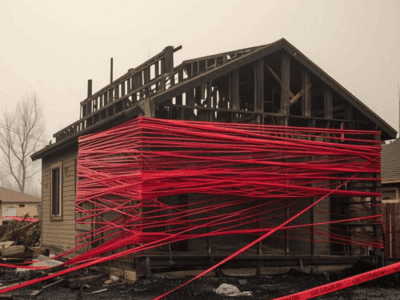Disaster Law and Policy
A new textbook on the emerging field of Disaster Law.
I’m delighted to announce the publication of the third edition of Disaster Law and Policy. Although I might not normally use this blog to promote a new book, I’d like to think in this case this is more than just shameless self-promotion. That’s for two reasons: the lion’s share of the credit for the improvements in this edition goes to my co-authors, James Chen, Lisa Sun, and Rob Verchick. So it’s not really self-promotion, it’s promoting their work. And more importantly, it’s not so much this book that I want to promote as the field of disaster law.
In the immediate aftermath of Hurricane Katrina, Jim Chen and I offered a course on disasters and the law. We both thought that Katrina had exposed huge gaps in our legal system’s ability to safeguard against, respond to, and recover from major disasters. At that point, disaster issues had received virtually no attention from the legal academy. We felt that we and our colleagues had fallen down on the job of identifying flaws in the legal system and teaching our students how to address important pressing issues. Our goal in publishing the materials was to encourage others to begin thinking about these issues and to teach in this area. We were joined on the second edition by Lisa and Rob, who made remarkable contributions to deepening the materials and adding an international dimension. But the goal remains the same: to help draw attention to these critical issues and prepare our students to help deal with them in the future.
There’s obviously a close link between disaster law and environmental law. Climate change is projected to increase the number of extreme events posing disaster risks. Equally importantly, environmental law and disaster law share the same fundamental goal of managing societal risks. Much of what we have learned about risk management from environmental law in the past forty years is directly relevant to disaster law. And as the BP blow-out in the Gulf of Mexico showed, not all disasters are due to natural events.
There is every reason to think that the risk of catastrophic events will only increase. Climate change is one reason; the other is the rapidly growing number of people and value of property in vulnerable areas, particular on coastal lands. Disaster law still is not getting the attention it deserves, but at least now has established a real foothold in the law school world.







Reader Comments